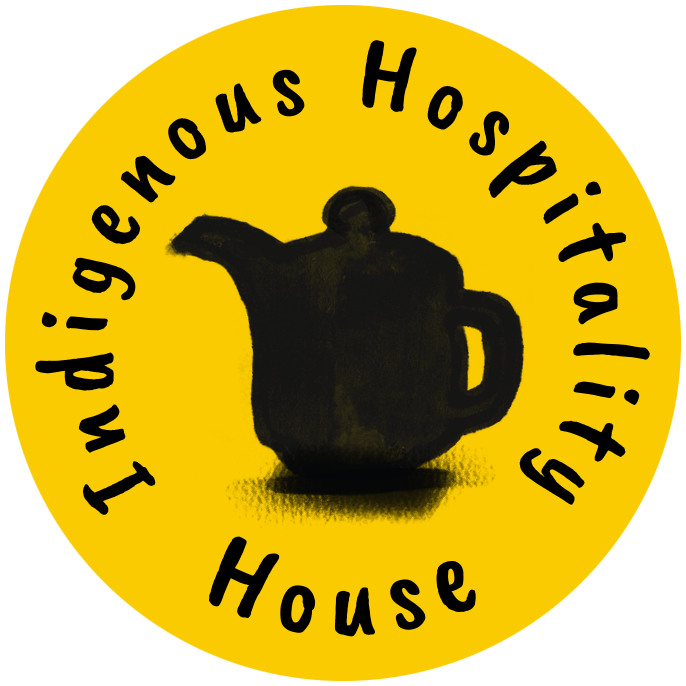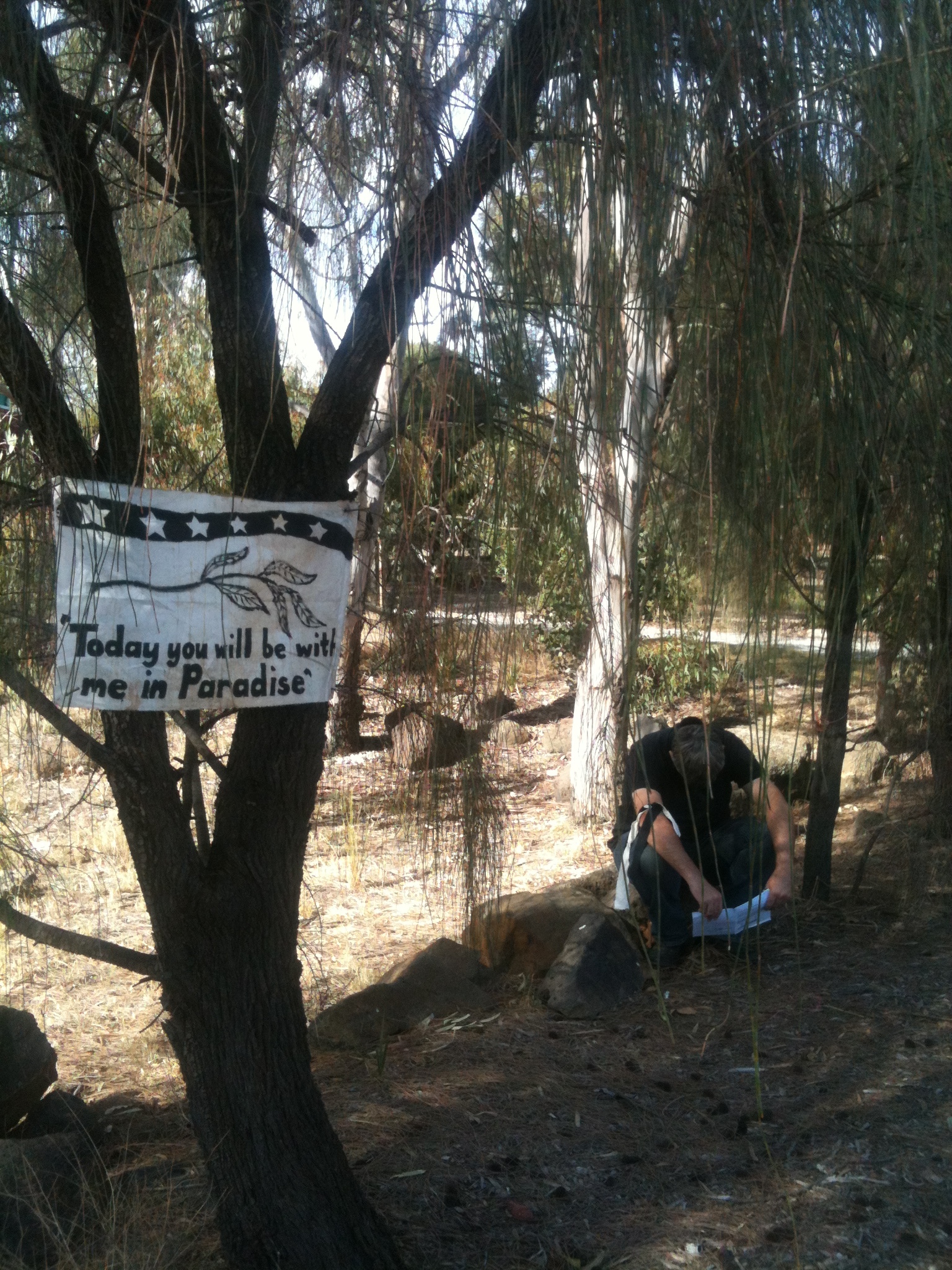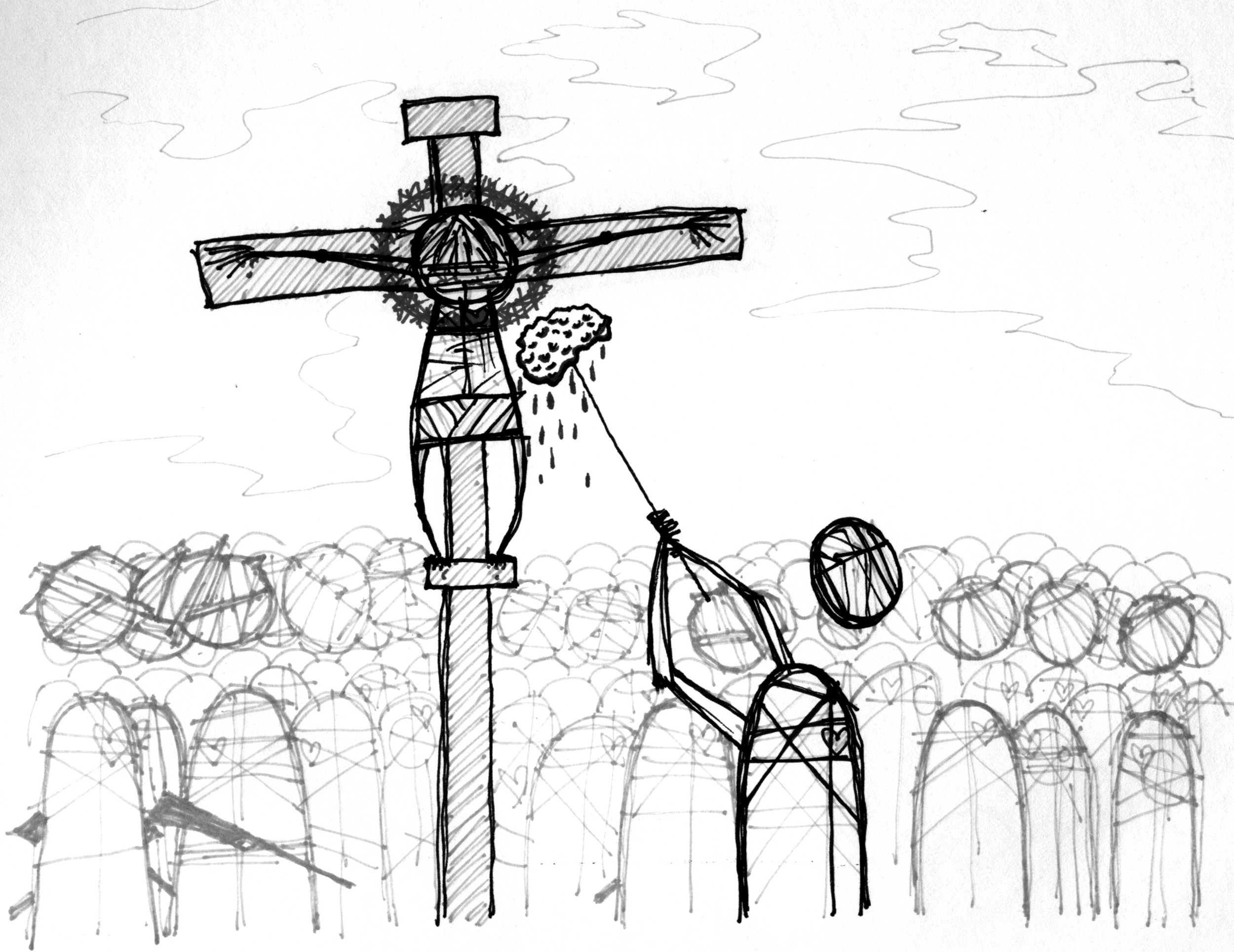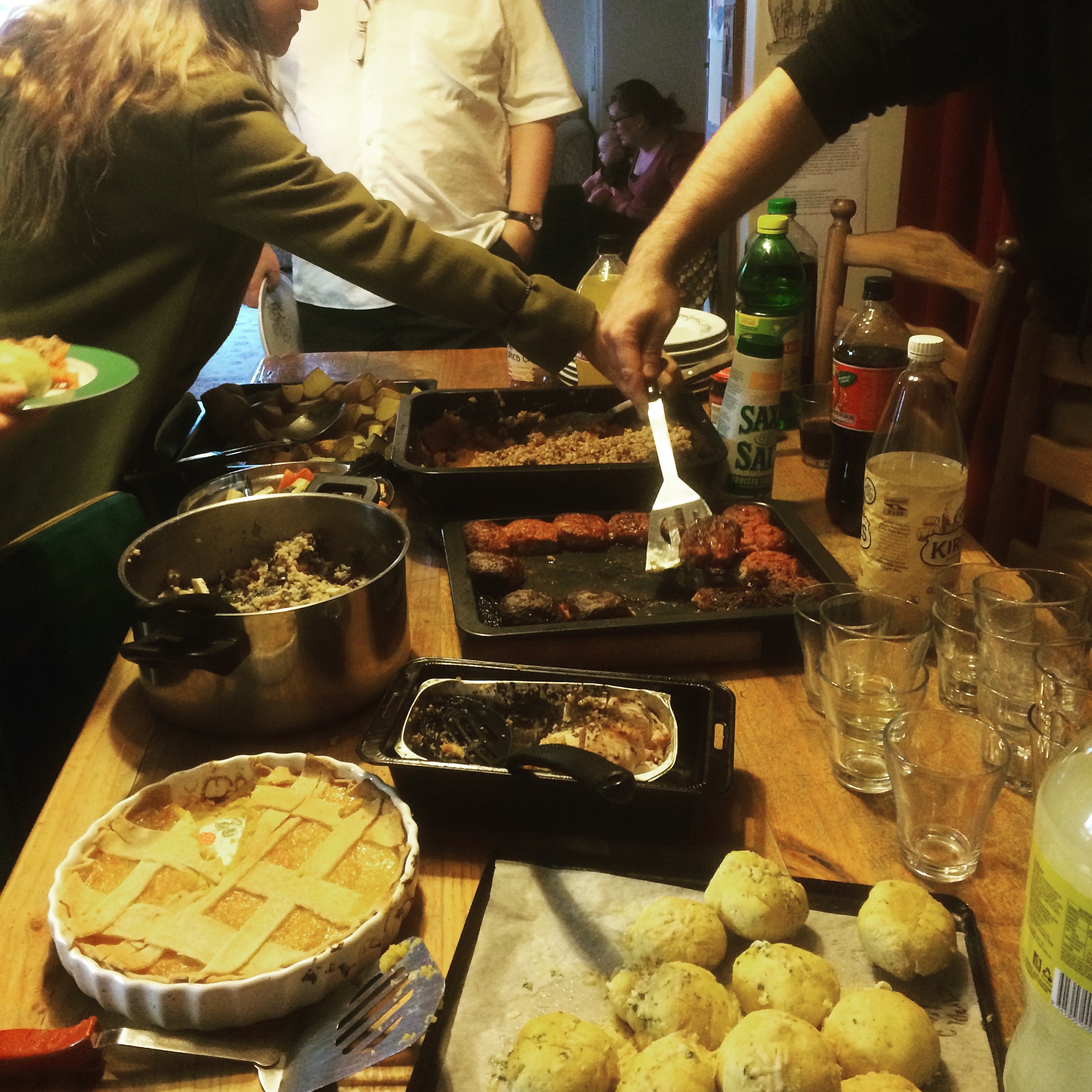Recently we had some old friends from Dareton come and stay with us. On this trip they brought their spritely four-year-old daughter and niece with them. The first few of days were spent quietly playing with the toys in the toy corner but by day three or four her mum sat down with me at the kitchen table as we had breakfast.
The young girl's mum and I chatted over our cereal while the little one was engrossed in her iPad game. Then across the table she began explaining what she was doing to me. 'See, this is what you do, this is how you play! See, do you like that one? Do you like that one?'
As her mum went to have a shower and I drank my cup of tea the four year old kept talking and talking. Slowly she moved closer to where I was sitting, until she was right next to me. She even let me have a turn playing with her iPad, explaining how to play and encouraging me when I did well 'That's it cuz, you got it!'
As we played she noticed a man climbing a ladder in front of the house next door. 'What's 'e doin'?' she asked. 'I think he might be looking for a bee hive.' I replied, as we had noticed a small swarm of bees had been gathering there over the last few days.
'They gunna get 'oney?'
'Well, yes, they might get honey, if they keep the bees. They might just need to put them somewhere else.'
'They like 'oney? I like 'oney.'
'I'm not sure, they may like honey, I like honey too.'
Later the next day as I was reading outside the inquisitive four year old came to join me.
'Whatcha doin'?'
'I'm reading.'
I was by the outside fire pit, trying to keep my distance as I had developed a bad cold. She was not deterred.
'Can I come over there.'
'Yeah, you can.'
As she looked around the backyard she wondered,
'You got 'ens?'
'No, we don't have hens, but we have thought about getting some.'
''Ens are good for eggs.'
'Yes they are, you're right.'
'I like 'em 'ens.'
'Yeah I like them too.'
Seeing that young girl, talking to her, being welcomed in to her world was a real experience for me. It is one of many precious experiences I have had while living at the IHH. These small, everyday things add up to create a great deal of difference over time. Most especially in me.
- Mehrin























